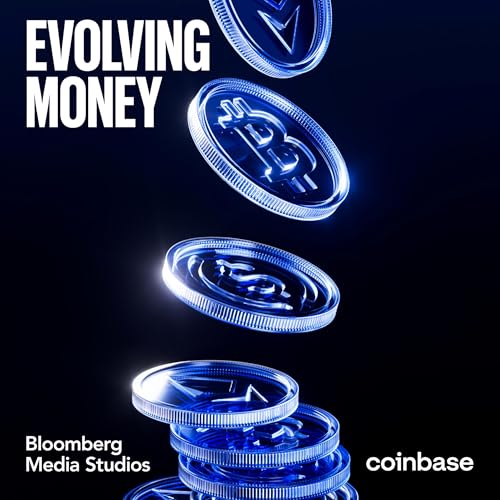China's dominance of the rare earths market is well known. This not only creates potential vulnerabilities for companies, should access to those rare earths ever get cut off, it also gives China significant leverage in trade negotiations right now. Of course, the issue is not that China is naturally endowed with more of these materials, but rather that, over the decades, it's built up an industrial ecosystem to mine and process them. So, is there any prospect of the US entering the arena in a way that's actually competitive? Our guest says yes. Heidi Crebo-Rediker is a senior fellow in the Center for Geoeconomics Studies at the Council on Foreign Relations. Earlier in her career, she was the US State Department's first chief economist. For the CFR, Heidi has undertaken an extensive study of the US position with respect to rare earths and developed a broad set of suggestions for how the US can actually compete. She discusses the resources we have right now, and the technologies and policies that could make the US competitive in this arena.
Read the report here: https://www.cfr.org/report/leapfrogging-chinas-critical-minerals-dominance/
Read more:
Why China’s Grip on Critical Minerals Is So Hard to Break
EU to Offer US Critical Minerals Partnership to Check China
Only Bloomberg - Business News, Stock Markets, Finance, Breaking & World News subscribers can get the Odd Lots newsletter in their inbox each week, plus unlimited access to the site and app. Subscribe at bloomberg.com/subscriptions/oddlots
Subscribe to the Odd Lots Newsletter
Join the conversation: discord.gg/oddlots
See omnystudio.com/listener for privacy information.
 49 分
49 分 22 分
22 分 33 分
33 分 51 分
51 分 42 分
42 分 51 分
51 分 46 分
46 分 2026/01/3026 分
2026/01/3026 分
